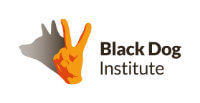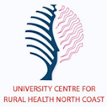For health professionals, 2022 was a year of continuing to deal with the ‘long tail’ of mental health impacts of the pandemic. Many of you still felt burnt out from three years of working tirelessly, so this past holiday season was a much-anticipated chance to step back, recharge and refresh before returning to clinical work.
Down-time away from the pressure of clinical responsibility also gives you the chance to self-reflect, take stock of your practice and get ahead of oncoming challenges by improving the way you do things (and as cliched as it is, the new year always provides a great opportunity to try new things and build new habits)!
With many of you undoubtedly wanting to bring energy and rejuvenation back into your practice (and most importantly, keep it there!), why not choose this year to trial some new ways of working, especially ways that might make your job easier in the long run?
Below, we give you some ideas about how digital tools can be integrated into your clinical work in ways that will help improve your work without increasing your workload. Which one will you try this year?
Getting clients to do ‘the basics’ while they wait for the session
A significant advantage of digital mental health is its ability to enhance the impact of face-to-face therapy by making people more ‘therapy-ready’. One way digital mental health can do this is by teaching ‘basic’ mental health skills, which gives clients a head start to their treatment (and make the treatment process easier for you as a clinician)! Several digital services provide ‘transdiagnostic’ courses, which are particularly suitable for this purpose because they apply to a range of different presenting problems (and individuals need not have a specific diagnosis).

A free self-help program that teaches cognitive therapy skills to help prevent and manage symptoms of depression and anxiety.

An interactive self-help service that aims to promote resilience and wellbeing for people experiencing mild to moderate stress, anxiety and/or depression.
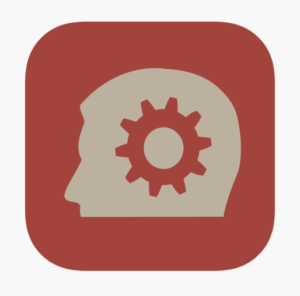
An easy-to-use smartphone app, guiding users through a 30-day mental fitness challenge to build resilience and wellbeing.
Using digital tools to help clients with self-monitoring
Self-monitoring is a critical component of structured, time-limited therapies like CBT. While paper-based monitoring forms used to be a mainstay of therapy to measure progress, digital tools are rapidly transforming this space and making self-monitoring more accessible, time-efficient, accurate and engaging. Not to mention they save trees in the process – it’s one change to treatment that you most definitely won’t look back on!
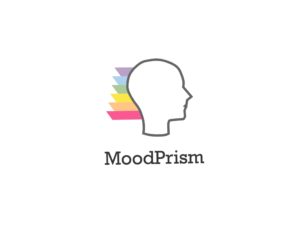
An app that helps individuals learn about their mood by transforming daily mood reports into a summary of their emotional health.
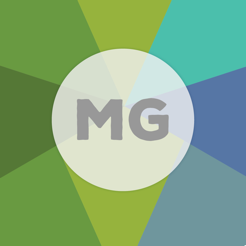
An app that allows the user to easily and quickly measure and track their mental health, mood, and lifestyle.
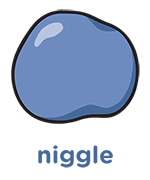
An app that helps young people track their wellbeing and find info, quizzes, videos, podcasts and tips to help tame their ‘niggles’ and improve their social and emotional health.
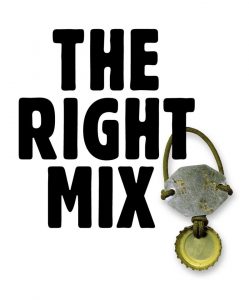
An app to help individuals keep track of their alcohol consumption and spending habits.
Use digital resources to improve competence working with diversity
Clinicians need to provide culturally responsive and inclusive care, but don’t always have skills at the ready (or the time to enrol and complete relevant training when they get a new client from a diverse background that they might not have worked with before). Digital tools can help bridge this gap, providing free, accessible materials and resources to help clinicians better understand the unique needs and experiences of diverse clients.
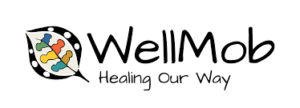
A website for frontline health and wellbeing workers to easily access culturally relevant resources to use with their Aboriginal and Torres Strait Islander clients. Includes videos, apps, podcasts and other websites.
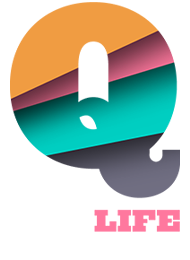
Phone and online counselling and referrals for people of diverse sex, genders and sexualities. Also includes QGuides’ for health professionals working with LGBTI people and communities.

A website providing information and resources on substance use, mental health and sexual health in the LGBTIQA+ community.

Free online library of high-quality translated Australian health and wellbeing information.
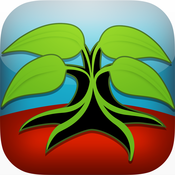
Therapist-guided app for Indigenous clients with wellbeing concerns, chronic disease or substance misuse problems.



